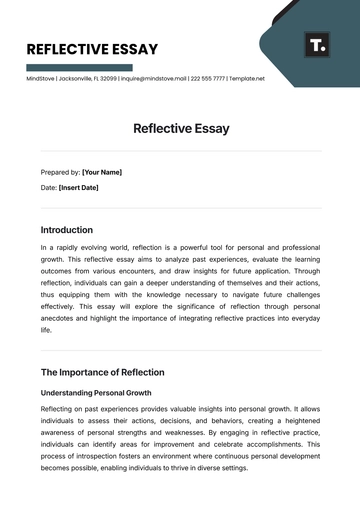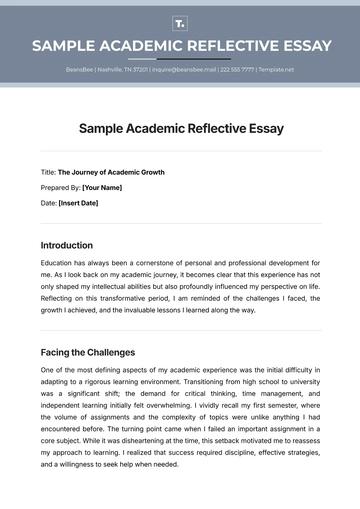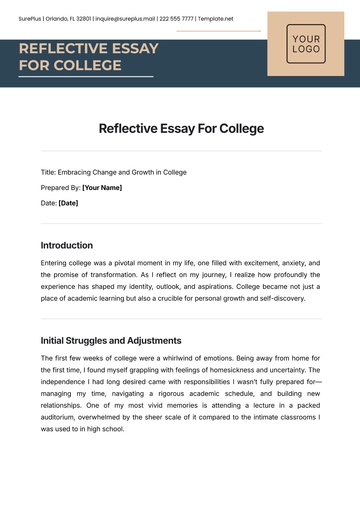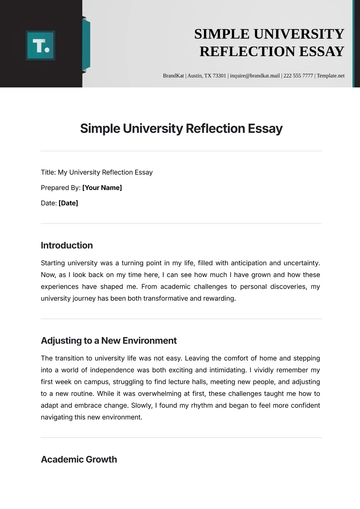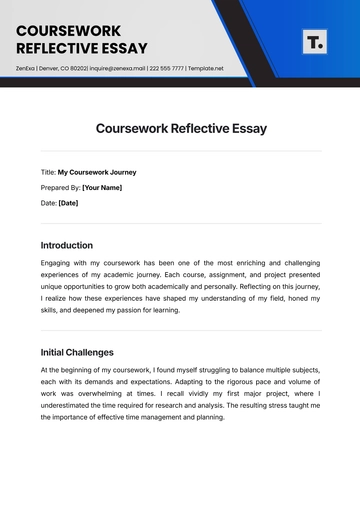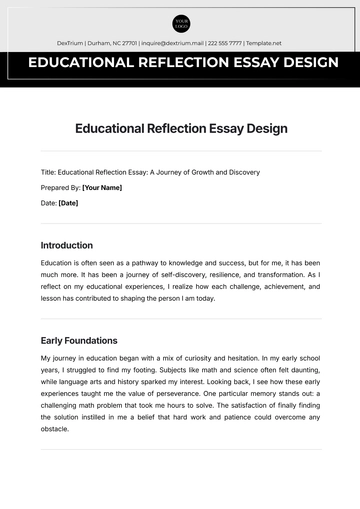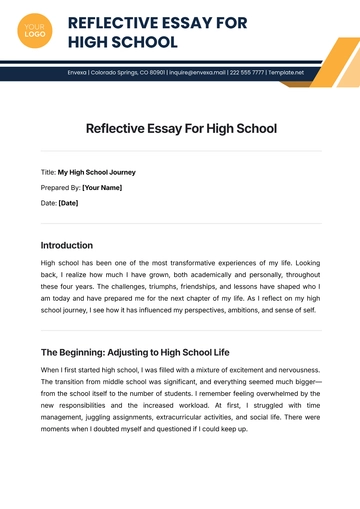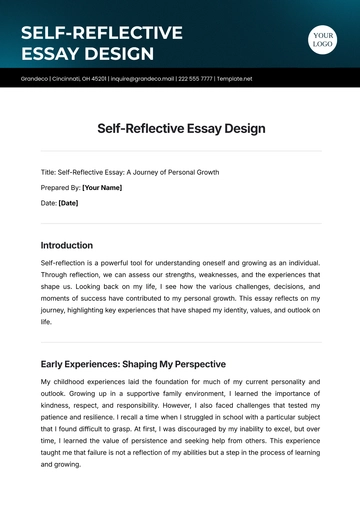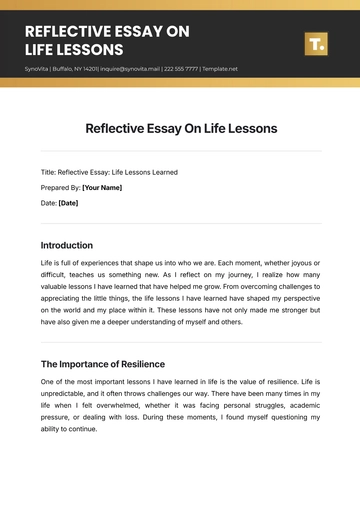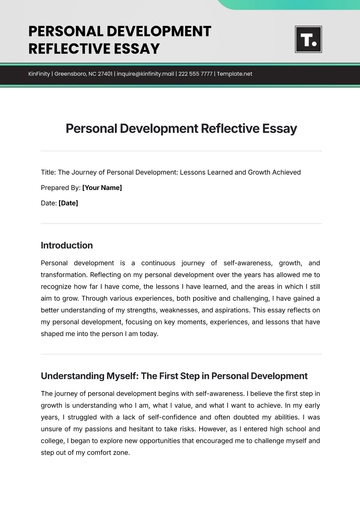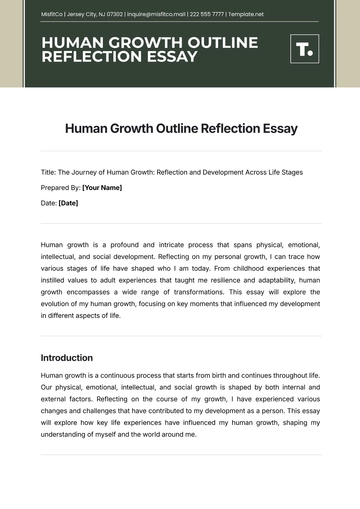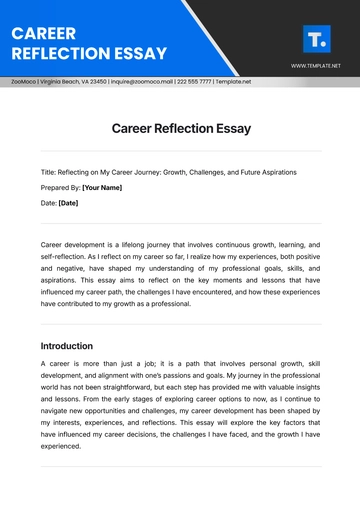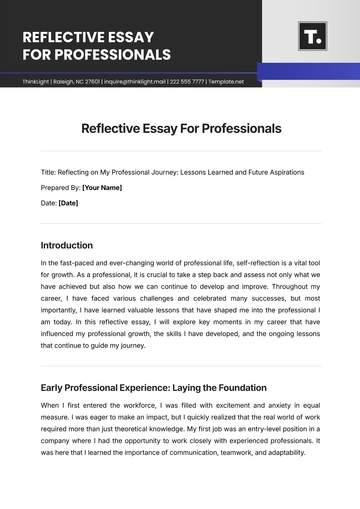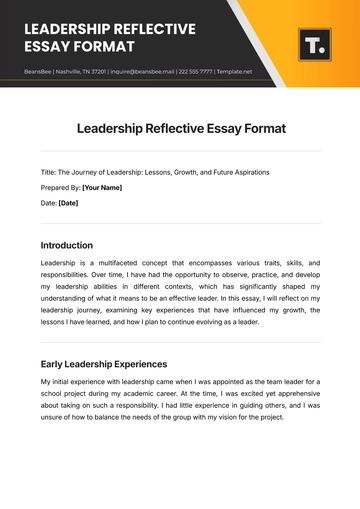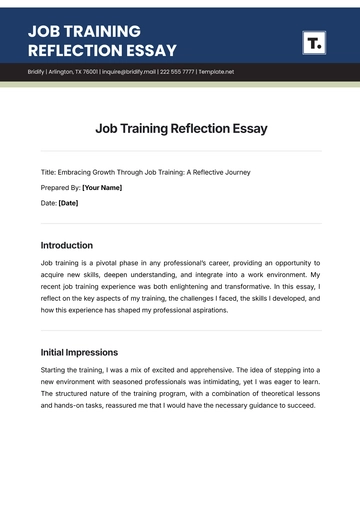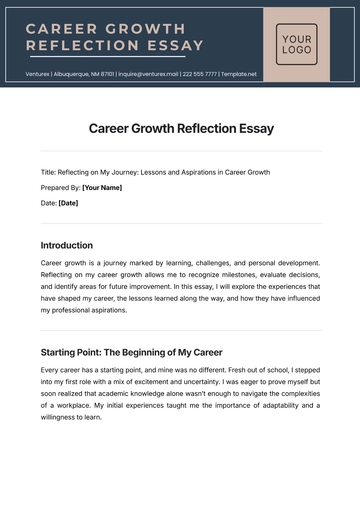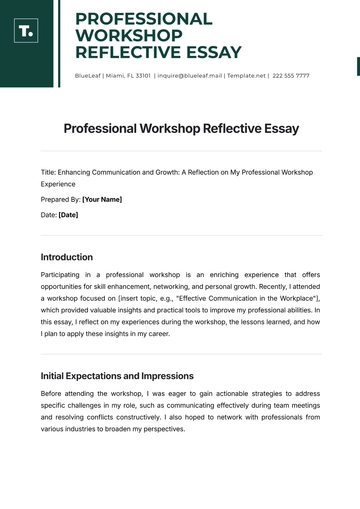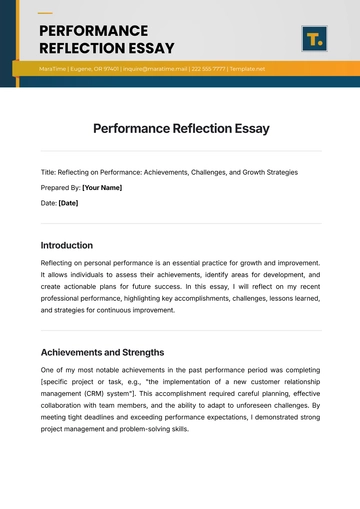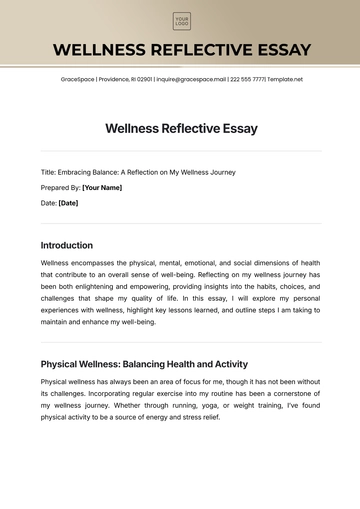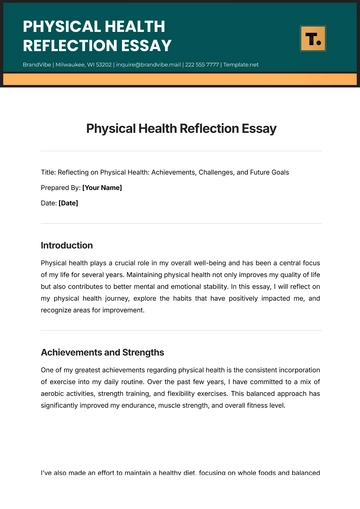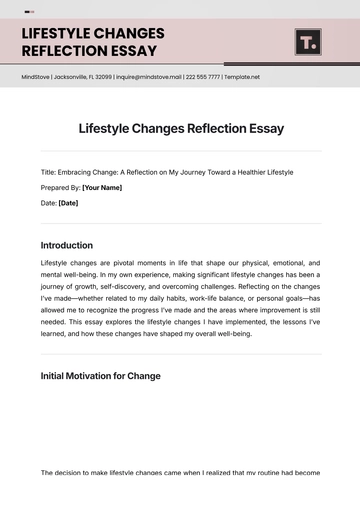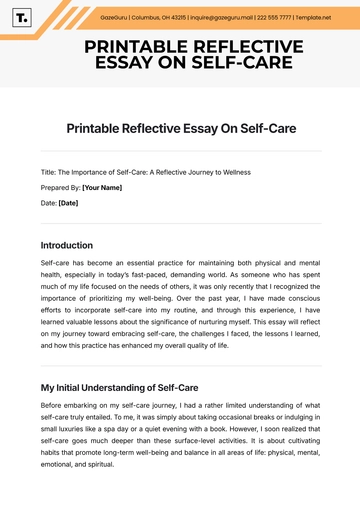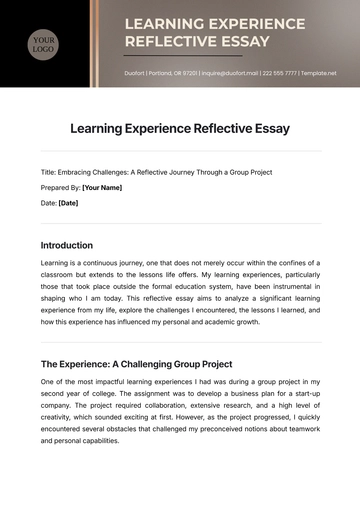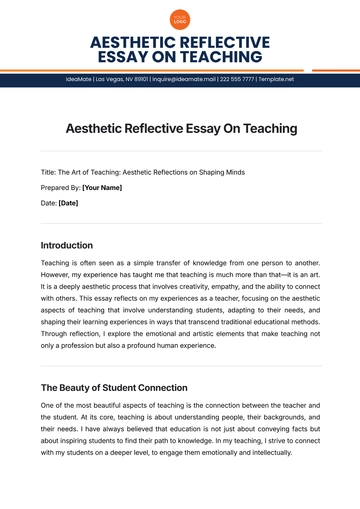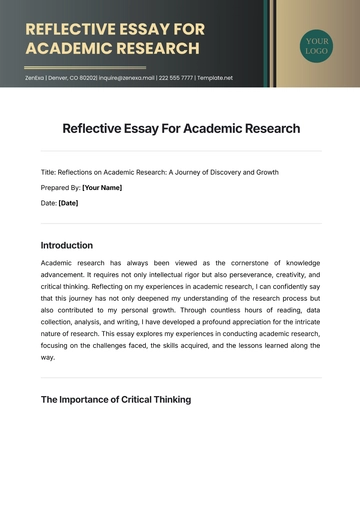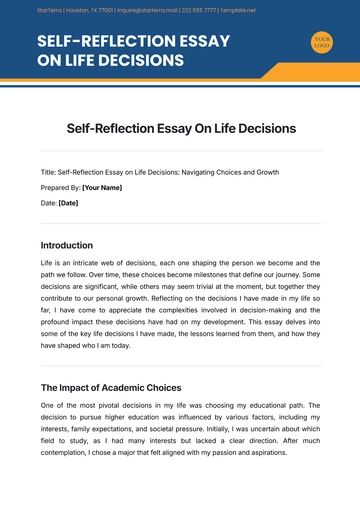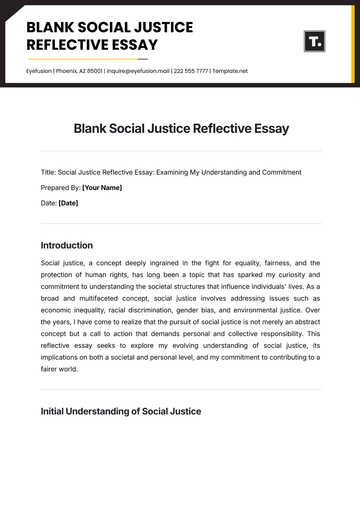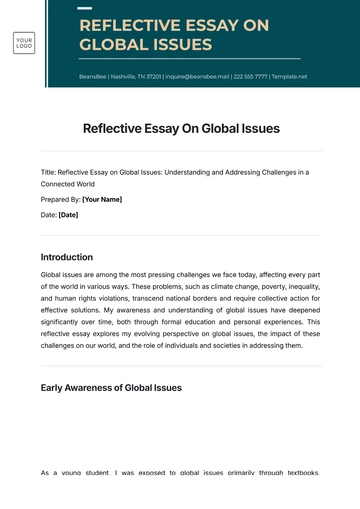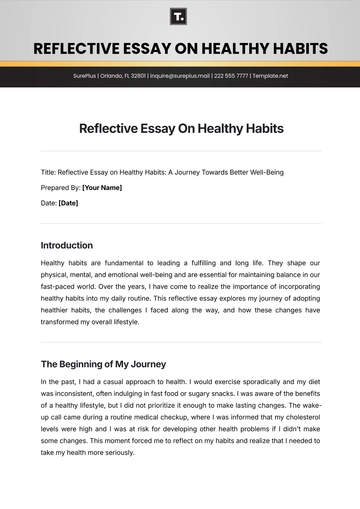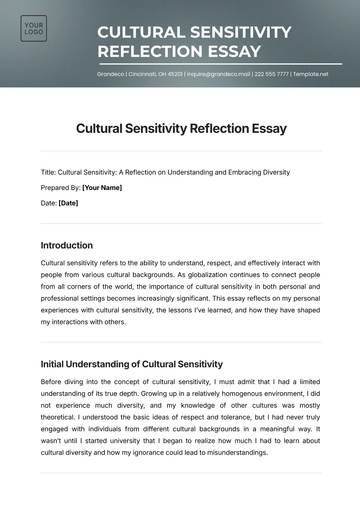Free Expository Essay on Media Bias
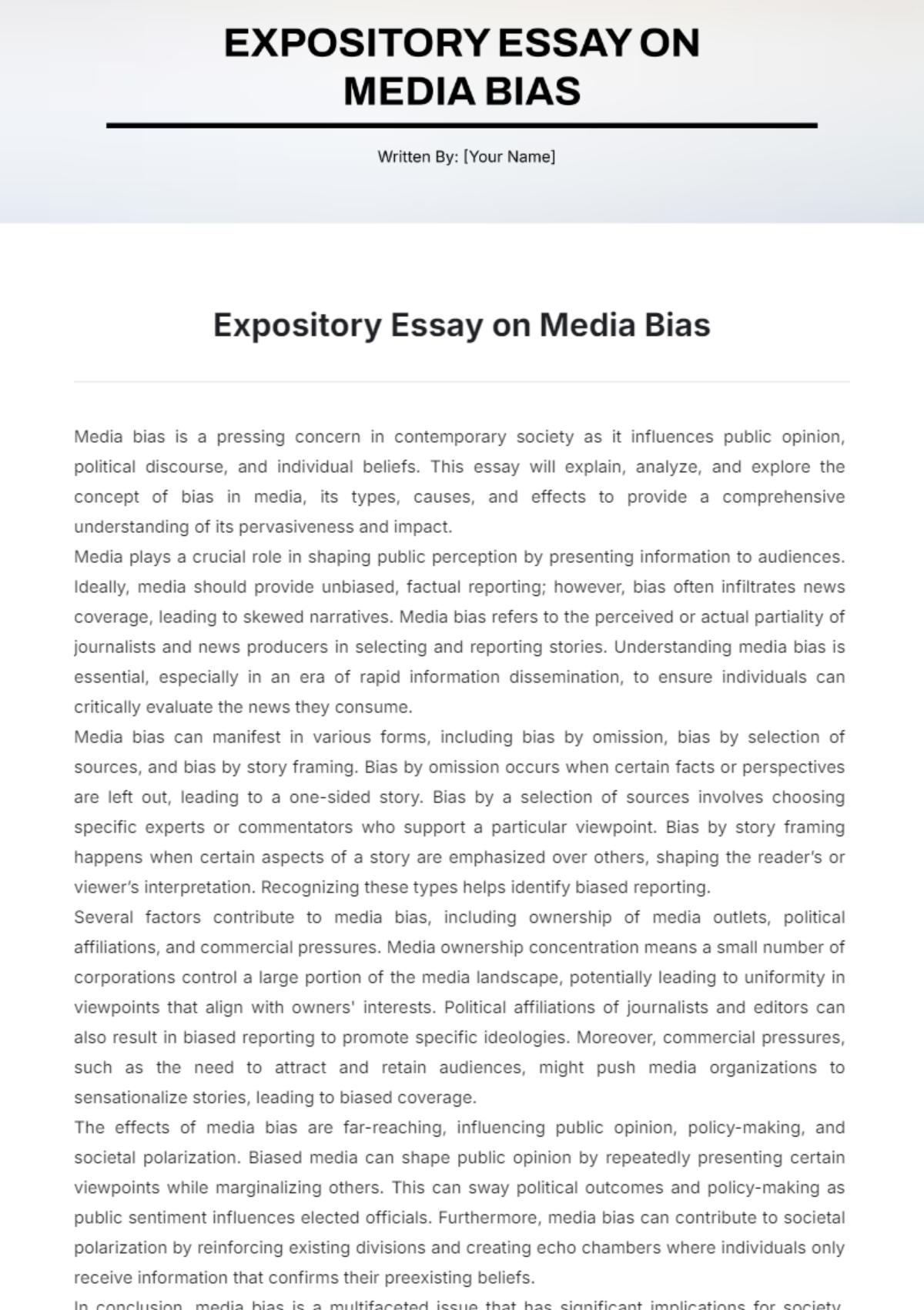
Media bias is a pressing concern in contemporary society as it influences public opinion, political discourse, and individual beliefs. This essay will explain, analyze, and explore the concept of bias in media, its types, causes, and effects to provide a comprehensive understanding of its pervasiveness and impact.
Media plays a crucial role in shaping public perception by presenting information to audiences. Ideally, media should provide unbiased, factual reporting; however, bias often infiltrates news coverage, leading to skewed narratives. Media bias refers to the perceived or actual partiality of journalists and news producers in selecting and reporting stories. Understanding media bias is essential, especially in an era of rapid information dissemination, to ensure individuals can critically evaluate the news they consume.
Media bias can manifest in various forms, including bias by omission, bias by selection of sources, and bias by story framing. Bias by omission occurs when certain facts or perspectives are left out, leading to a one-sided story. Bias by a selection of sources involves choosing specific experts or commentators who support a particular viewpoint. Bias by story framing happens when certain aspects of a story are emphasized over others, shaping the reader’s or viewer’s interpretation. Recognizing these types helps identify biased reporting.
Several factors contribute to media bias, including ownership of media outlets, political affiliations, and commercial pressures. Media ownership concentration means a small number of corporations control a large portion of the media landscape, potentially leading to uniformity in viewpoints that align with owners' interests. Political affiliations of journalists and editors can also result in biased reporting to promote specific ideologies. Moreover, commercial pressures, such as the need to attract and retain audiences, might push media organizations to sensationalize stories, leading to biased coverage.
The effects of media bias are far-reaching, influencing public opinion, policy-making, and societal polarization. Biased media can shape public opinion by repeatedly presenting certain viewpoints while marginalizing others. This can sway political outcomes and policy-making as public sentiment influences elected officials. Furthermore, media bias can contribute to societal polarization by reinforcing existing divisions and creating echo chambers where individuals only receive information that confirms their preexisting beliefs.
In conclusion, media bias is a multifaceted issue that has significant implications for society. Understanding the types, causes, and effects of bias in media is essential for media literacy and critical consumption of news. As consumers of information, it is crucial to seek diverse perspectives and question the impartiality of sources to navigate a media landscape often fraught with bias.
- 100% Customizable, free editor
- Access 1 Million+ Templates, photo’s & graphics
- Download or share as a template
- Click and replace photos, graphics, text, backgrounds
- Resize, crop, AI write & more
- Access advanced editor
Write an insightful essay on media bias with ease using this customizable template from Template.net. Fully editable and designed for clarity, this template helps structure your arguments effectively. Editable in our AI Editor Tool, it’s perfect for students and professionals alike who need a reliable, customizable writing guide.
